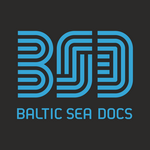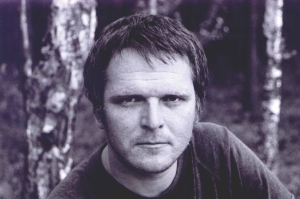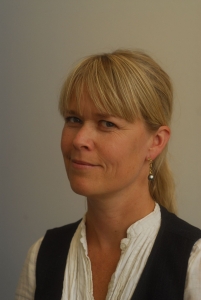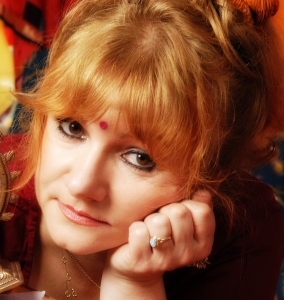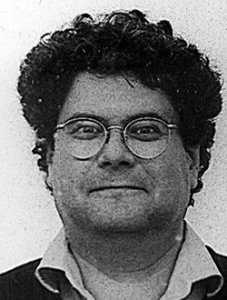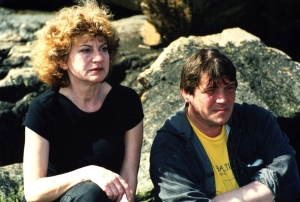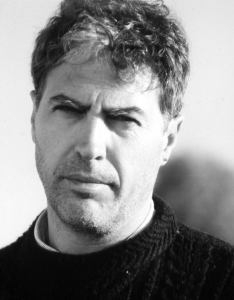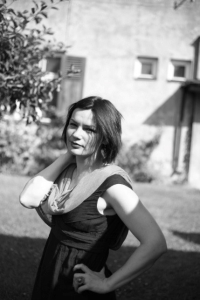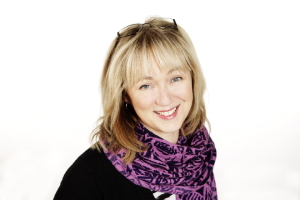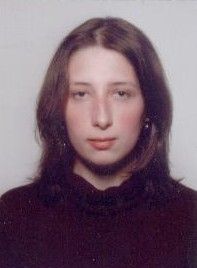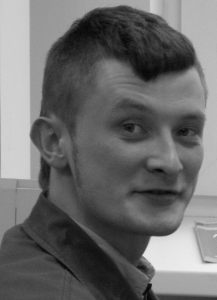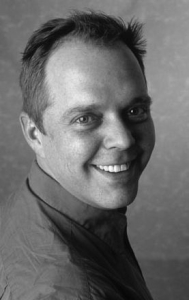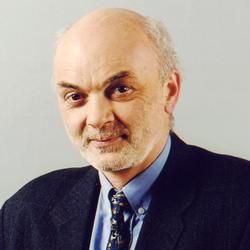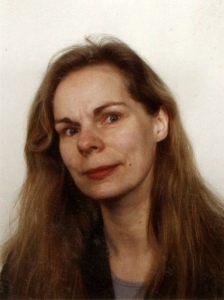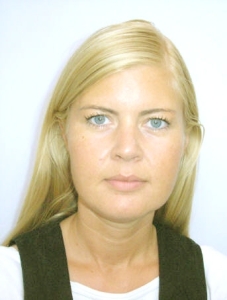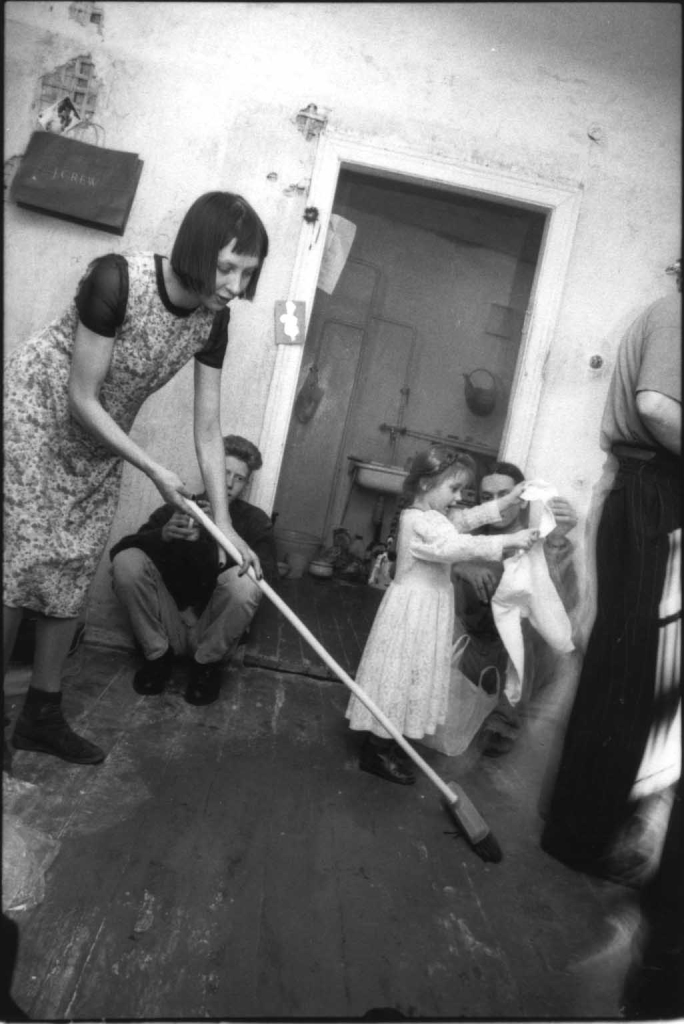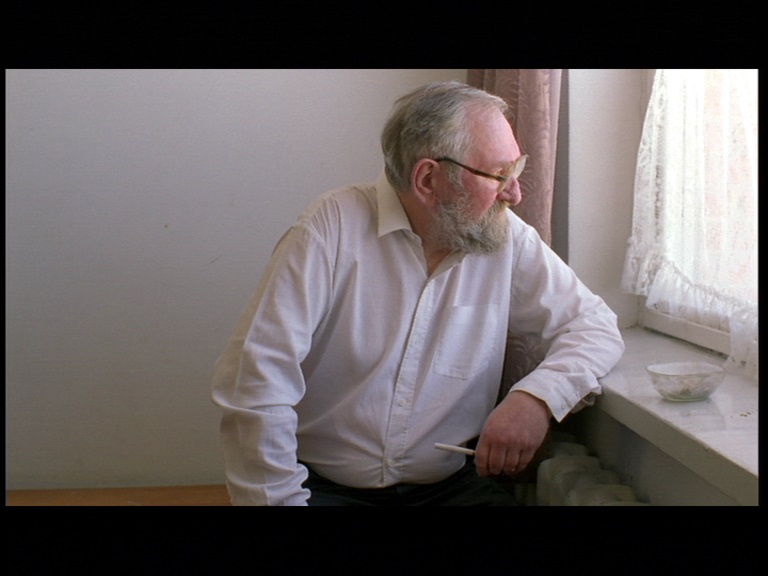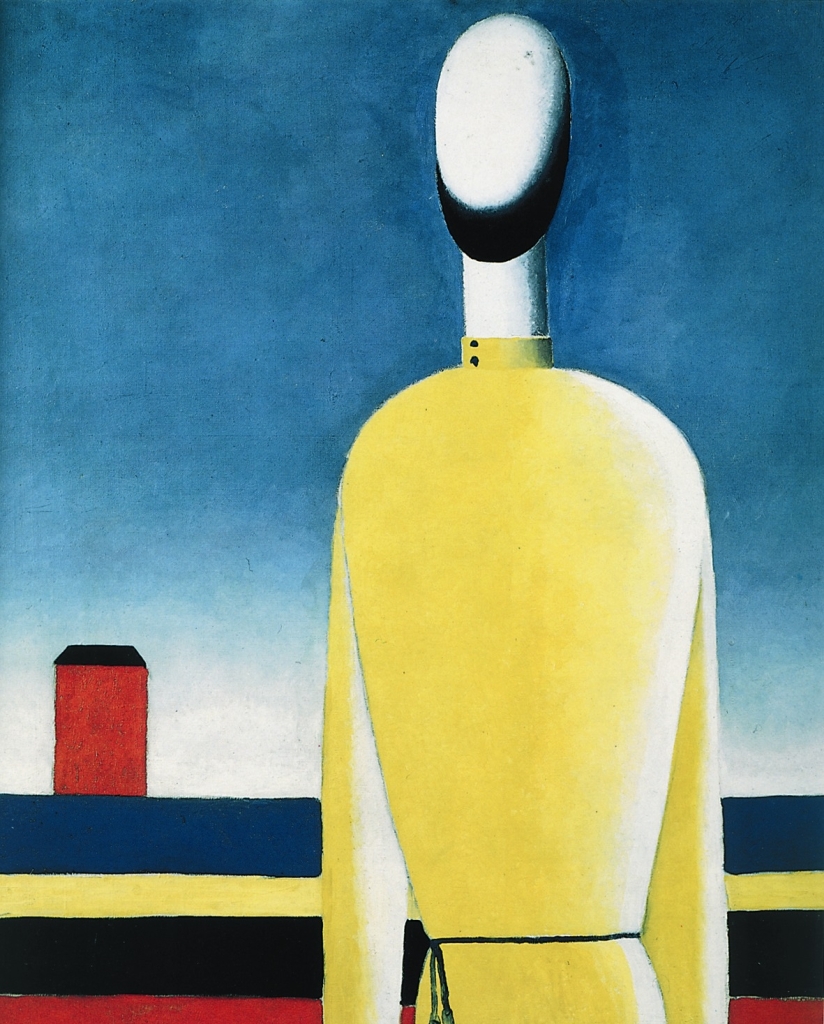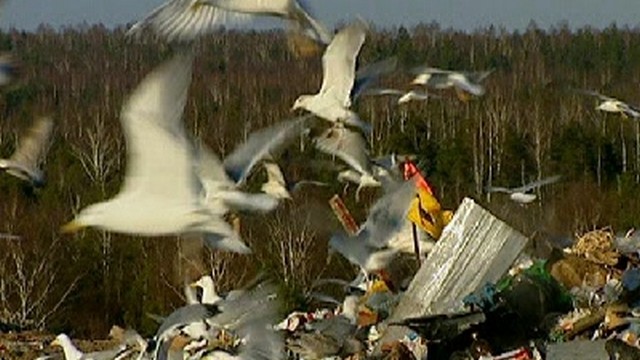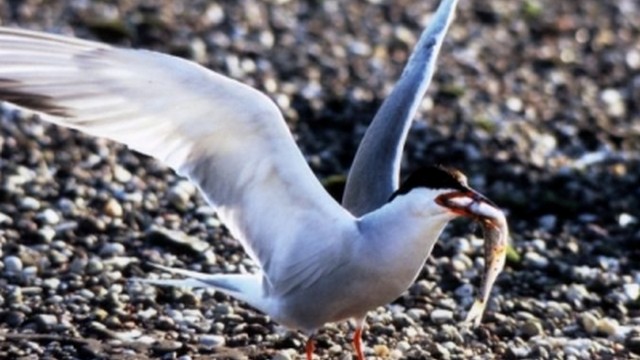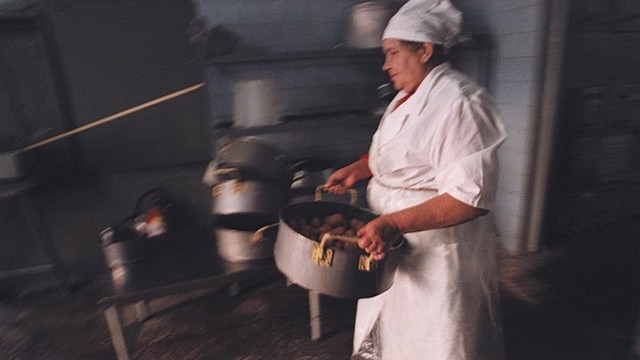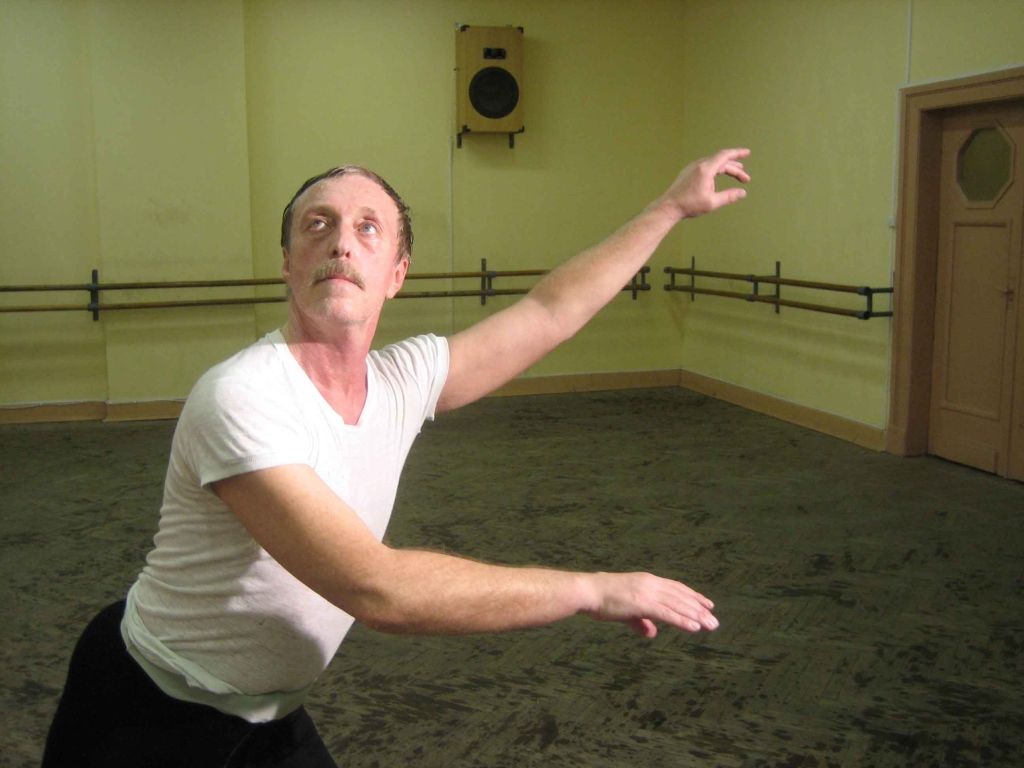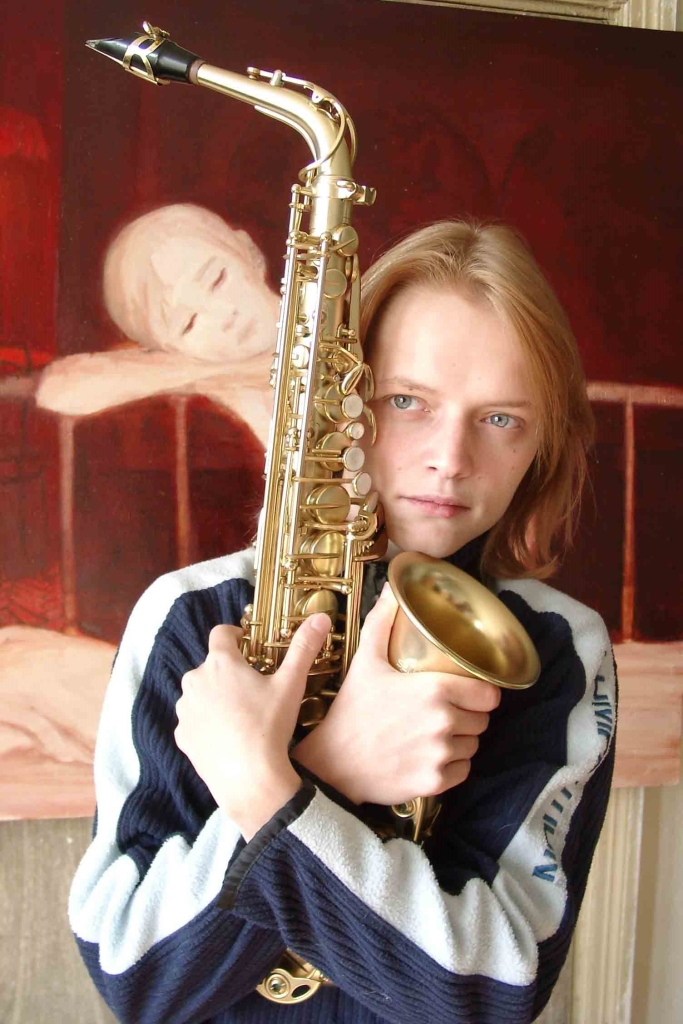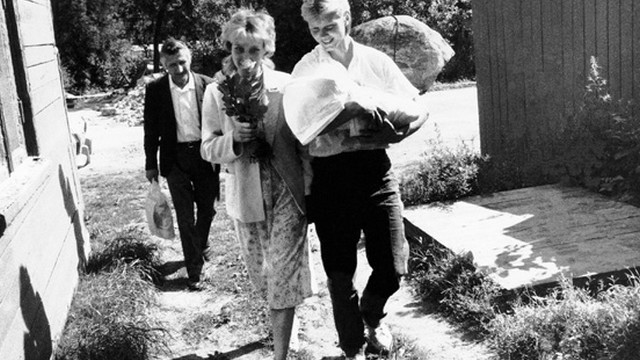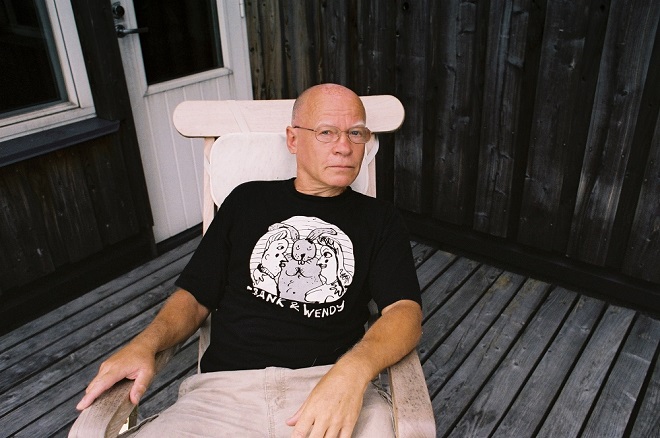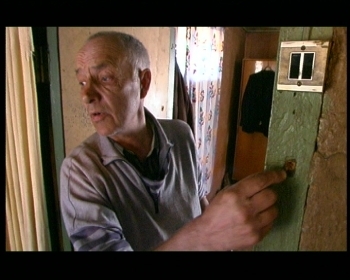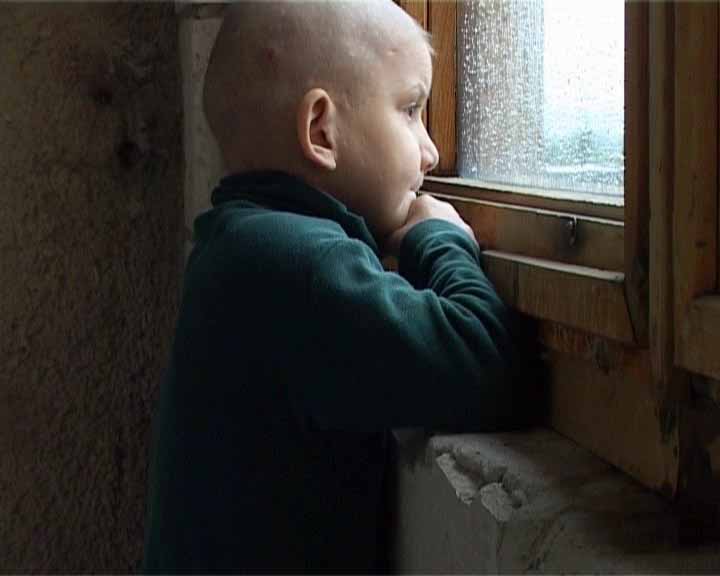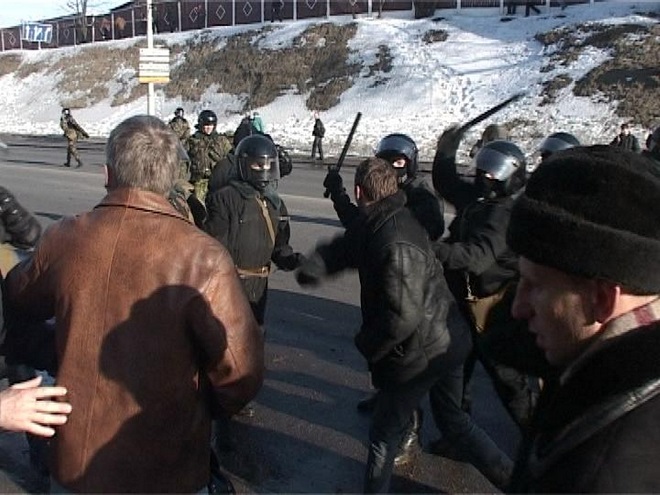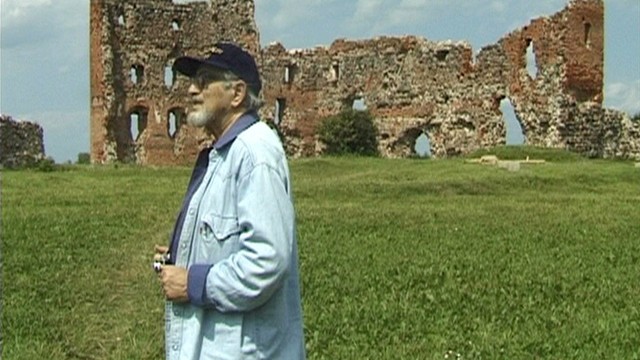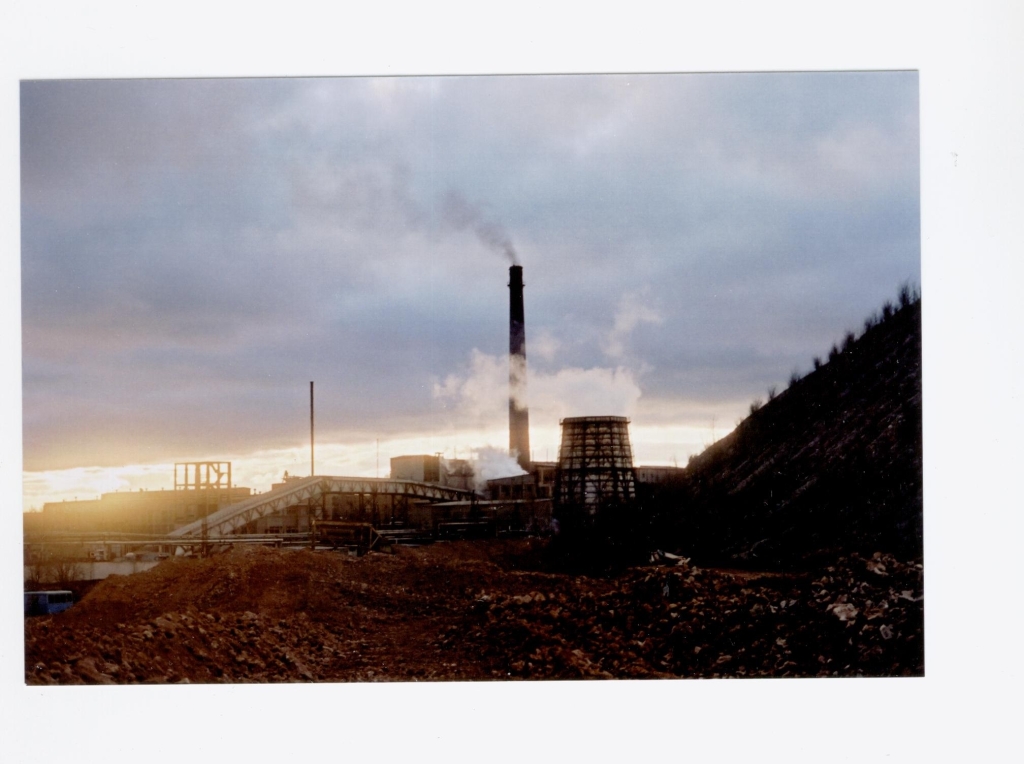Forum Projects
| Country of origin | Title of the project | Producer |
|---|---|---|
| LATVIA | Child of Big Bird | Uldis Cekulis |
| LATVIA | Homo@lv | Ieva Ubele |
| LATVIA | Little Bird’s Diary | Bruno Ascuks |
| LATVIA | The Man from Varka Kru | Guntis Trekteris |
| ESTONIA | Baruto | Artur Talvik |
| ESTONIA/ FINLAND | Bold and Beautiful | Peeter Brambat, Pertti Veijalainen |
| ESTONIA | Chess Player | Peeter Urbla |
| ESTONIA/ UKRAINE | Personification of Music | Reet Sokmann |
| LITHUANIA | Maestro in Black & White | Tomas Donela |
| LITHUANIA | Man Horse | Arunas Matelis |
| LITHUANIA/ FRANCE | Sharunas Bartas, an Army of One | Rasa Miskinyte |
| LITHUANIA/ SPAIN | Spanish for Adults | Rasa Miskinyte |
| BELARUS | Bunker | Iouri Goroulov |
| BELARUS | Sveta’s Apples | Volha Nikolaichyk |
| RUSSIA/ UKRAINE | The Ditches | Sergey Miroshnichenko |
| RUSSIA | Generation of Changers | Oleg Buzdes, Maria Andrianova |
| UKRAINE | Splash | Aleksandra Marchenko |
| POLAND | Music Partisans | Mirek Dembinski |
| POLAND | Native | Piotr Sliwinski |
| POLAND | Raiders of the Lost Ships | Dorota Rozovska |
| GEORGIA | Georgian Dances | |
| GEORGIA | Premiere 70 Years Later | |
| GEORGIA | Tied by The Borders |
Tutors
Film director and producer
Audrius Stonys, was born in 1966 in Vilnius. From 1984 -1989 he studied TV and film directing at the Vilnius State Conservatoire, presently the Academy of Music. In 1989, he worked at the Jonas Mekas Film Anthology Archive in New York. He has created 11 documentary films and one feature film. The films have received many awards at international film festivals, and his film, The Land of the Blind, won the most famous award in European cinema, the Felix, from the European Film Academy, for the best documentary film of the year in 1992. His retrospectives have been held in Switzerland, France, Russia, Israel, the Czech Republic, Belgium and Germany.
Audrius has acted as a jury member in festivals in Leipzig, Neu Brandenburg and Sao Paulo.
During almost fifteen years of creative work, Audrius Stonys has remained faithful to himself, his unique concept of cinema and poetical interpretation of the world.
Film Consultant
With a background consisting of a Masters Degree in Film and Mass Communications (studies at the University of Copenhagen and the University of California, Berkeley) and professional experience from the MEDIA 1 project DOCUMENTARY, as well as experience from promoting shorts and documentaries with Filmkontakt Nord, Cecilia Lidin joined the EDN team in 1998.
Cecilia Lidin is responsible for a number of the workshops and seminars organised by EDN, and she functions as a tutor and moderator of film discussions, and conducts courses on documentary filmmaking in Europe. Cecilia has been a moderator of pitching sessions at different events such as Lisbon Docs, Propitch France, and the Nordic Forum. Cecilia contributes to DOX magazine reporting from different film events and reviewing films, and on a daily basis consults EDN members in questions of project development, financing and distribution. Cecilia Lidin has served on several juries at film festivals around Europe. In 2006, she was appointed artistic director of the Odense International Film Festival.
Born in the former Yugoslavia, lives in the Netherlands.
Worked as a film critic and journalist for Radio -Television Sarajevo, and for the film magazine, Sineast. Directed several shorts and documentaries in Bosnia and Herzegovina. Specialised in South Asian cinema. In 1993, moved to the Netherlands. Lectures on Indian cinema at the University of Amsterdam and teaches at the Rotterdam Film Course. Selects South Asian films for the Rotterdam International Film Festival.
Collaborates on the IDFA programme in Amsterdam as one of selectors.
On the selection committee of the Dutch foundation Jan Vrijman (part of IDFA), which supports creative documentaries, from the beginning. For the last four years she has been an adviser to the STIFO-Dutch Fund for Supporting Film and Television creative collaboration.
She is a selector of the Regional Documentary Programme at the Sarajevo Film Festival, and a programmer of the International Kerala Film Festival in India, where she selects feature fiction films.
As a scriptwriter and director, she made three films in the Netherlands: Room Without a View, 1997, Soske, 2001 and In Whitest Solitude, 2001, each screened at some 20 films festivals around the world and were awarded several prizes. Her dance film, In Whitest Solitude, was chosen as one of the 10 best Dutch films in 2002, and screened in cinema theatres around the country.
Writes for Skrien (The Netherlands), Dox (Denmark) , Film Guide- Variety (UK) Documentary Encyclopaedia (USA) Film Annual (Croatia) and is a member of FIPRESCI
After a brief career teaching anthropology at Oxford University Steven was seduced, in 1983, by documentary television. He has wide experience in several documentary genres, working in history programming (The Trial of George Washington and Hitler’s Death: The Final Report), the sciences (A Brief History of Time, with Stephen Hawking, directed by Errol Morris, for TV and cinema release), examinations of ethical issues (Hypotheticals, with Arthur Miller) as well as co-devising and series producing the DVcam reality formats (the 12-part Nights Out at the Empire for C4 and the 26-part travel-adventure series The $100 Taxi Ride for National Geographic). When not developing projects Steven works as a freelance series producer and executive producer and, most recently, as a script-doctor in Asia.
In film since 1989. Début as film director, 1990. Piano studies at Rimsky Korsakov Music School, Leningrad, USSR, 1963. M.A. in Russian language and literature at Leningrad University. Creative producer graduate of the Danish Film School, 1989. Programming editor at TV 2, Bornholm, 1989-94. Initiator and co-leader of Balticum Film and Television Festival, 1990.
Producer / Director
Born in Johannesburg, South Africa, in 1955, he studies architecture in Turin, Italy. After graduating is responsible for film and TV production in the Architecture audio-visual laboratory of the Politecnico di Torino, becoming head of production. In 1985 he founds, with others, STEFILM, working as a director and producer.
Today STEFILM produces high quality films for television and cinema and is committed to creating documentary programming that brings Italian themes and talent to the rest of the world. The aim is to re-establish a thriving documentary culture in Italy.
Since 1988 he has directed and produced documentaries on various issues, mainly concerning Africa and Italy. His recent international co-productions involving European broadcasters include: Song on a Narrow Path – Stories From Jerusalem, Leonardo, The Man Behind the Shroud?, Porto Marghera – Venice, The Mirabella – Sindelfingen Line, Crumbling Houses, Rice Girls, Citizen Berlusconi, My 3 Peaks, Building the Winter Games, Piemonte Stories.
In 1992 he graduated at the MEDIA training course, EAVE – European session. He is a founding member of the Associazione FERT (Filming with a European Regard in Turin), and has directed the first nine editions of the annual Italian workshop DOCUMENTARY IN EUROPE. He chaired EDN (European Documentary Network) and is national coordinator for INPUT, Television in the Public Interest.
Decision Makers
Channel profile – Latvian Television
Latvian Television has two channels – Latvian TV1 and Latvian TV7. At the moment there are several 52 min documentary slots per week. LTV1 prime time Saturday documentary slot is focused mainly on local and regional documentaries – Latvian and Baltic. Latvian Television also looks for documentary films and series produced worldwide. Of those, the majority are acquisitions, and there are an increasing number of pre-buys. The topics are varied, and include history, art and culture, travel, nature, science and discoveries as well as author documentaries.
Jenny Westergard graduated in journalism from Helsinki University and has been working for YLE, the Finnish Broadcasting Company since 1985. Currently she is Head of Acquisitions and Co-productions at YLE FST, and the Commissioning Editor for documentaries. YLE FST (Finlands Svenska Television) is the Swedish language channel on YLE. FST offers full-service 7 days a week with an average broadcast of 2000 hours / year. Our main language is Swedish, but all programmes with the exception of news and children programmes are subtitled in Finnish. At the moment FST has three one-hour slots per week for documentaries, including domestic, Nordic and European films and programmes. Of those approximately 150 hours, the main part is acquisitions and about 25 hours are co-productions and pre-buys. The themes represent a wide range of topics.
Company Profile
YLE, the Finnish Broadcasting Company, is the national public service broadcasting company with duties laid down by law. YLE operates five national television channels and thirteen radio channels and services. YLE ranks first in television viewing in the country. YLE is the main purveyor and producer of domestic culture, and 60% of its programmes are made in Finland.
YLE is a media company engaged in public full service television and radio broadcasting for all citizens on equal basis. The emphasis in YLE programming is on supply of information: news, current affairs and factual programmes, as well as culture and education. This includes providing programmes and services in Finnish and Swedish as well as covering special and minority groups.
YLE is a limited company mainly owned by the Finnish state and principally financed through television fee revenues. YLE is a media company free from commercial and political affiliations, and its programmes carry no advertising.
Yleisradio Oy was established in 1926 and joined EBU, the European Broadcasting Union at the very beginning in 1950.
Estonian Film Foundation (EFF) was established in 1997 by the Government of Estonia as a private legal institution with the tasks of supporting and promoting Estonian filmmaking both on the domestic and international level, and communicating information about the development of European audiovisual policies and film-related international practical information.
EFF is financed from the state budget. The EFF budget for 2005 was 50 million EEK (€ 3.18 million) used for financing national film production, including features, shorts, animation, and documentaries.
In 2006 the budget of EFF for production and development grants for documentaries is 480 769 EUR (7 500 000 EEK) – the average budget for a documentary is 45 400 EUR.
In 2003, the first pilot series of half-hour documentaries called Estonian Stories was rolled out to TV viewers, co-financed in equal shares by the Estonian Film Foundation (EFF) and the public broadcaster Estonian Television, with a budget of 10 300 EUR.
The number of co-productions in the documentary field per year is approx. 5 or 6.
Lithuanian Television
Slots, duration and themes
Lithuanian National Radio and Television – LRT is Public broadcaster. LRT operates 2 national TV channels, and 3 Radio channels.
The TV first – has few slots, which consist of wild -life and travel type of docs.
The LTV2 is a culture channel with 52 min. slots for docs.
Number of co-productions per year, average budget
LRT , its Film Studio department is making approx. 8-10 films/year. 6-7 of them are national or international co-productions. LRT’s input mostly is technical equipment, and technical assistance. The financial input is not available.
Special demands and new initiatives
The preferences in international co-productions are given to projects related to historical, cultural, political, social issues, with stories related to Lithuania.
Contact details:
Tadas Patalavicius
Head of Film Production Department
Tel.: +370 5 2363 189
e-mail: tadas@lrt.lt
Commissioning Editor Shorts and Documentary Films
Danish Film Institute
I have produced and directed documentaries since 1988, and my experience comes from both nationally and internationally aimed productions. Personally I have co-produced with the Nordic countries, some European countries and the USA.
What I focus at or aim for in new documentary projects I cannot say specifically, only that it should be a good film using all possible elements to pull me as an audience into the reality that the film wants to create.
In making co-productions I see the importance of creating a project that doesn’t sacrifice the creative potential of the film crew only because of possible financing from another country. My belief is that a project aimed for a co-production should be developed between the co-producers at an early stage, and that a continuous working relationship between producers from the different countries is important for a positive output of every film. In order to establish a co-production I see a documentary reaching out for an international audience. In my job at the Danish Film Institute I hope to be able to make several co-productions a year, depending on the projects presented.
Deputy Head of THEME Evenings
ARTE Geie
ARTE is a European public-service cultural television channel. Its originality lies in the fact that its targets audiences are of different backgrounds, specifically French and German.
It is composed of three entities : the headquarters (ARTE Geie) in Strasbourg and two Members, ARTE France in Paris and ARTE Deutschland in Baden-Baden. ARTE France and ARTE Deutschland TV currently provide ¾ of ARTE’s programming in equal proportions, the remainder being provided by ARTE Geie.
Producing and broadcasting simultaneously in several languages is a challenge ARTE faces on a daily basis.
ARTE THEMA
Hallmark of the channel since its inception and quickly imitated by other broadcasters, ARTE’s theme evenings symbolize a different way of watching television. Entertaining, investigative, always enriching, they explore an infinite range of subjects, drawing on all audiovisual genres: documentaries, current affairs, feature films, drama and many more.
Three nights a week, television viewers can take the time to discover and understand. Each night of the week has its own special colour.
Thema on Sunday 8:45 pm
Usually built around a major feature film screened early evening – Thema on Sunday is aimed at a family audience, preferring entertaining subjects that combine dreams and excitement: Bugatti and his Dream cars, the Great Cathedrals, Brazil’s legendary Copacabana, Jules Verne, Marilyn Monroe or Vampires.
Thema on Tuesday 8:45 pm
Focusing on the contemporary world, Thema on Tuesday looks at society today and the big issues in politics, socio-economics and science, such as the progress towards a Constitution for the European Union, fanaticism, the new Chinese El Dorado, or the mysteries of sleep.
Thema on Friday 10:15pm
A thought-provoking guide to the pleasures and all forms of culture – historical and contemporary. Thema on Friday takes a closer look at Salvador Dali, exploring The Louvre and pursuing its enquiries into Great Crime Films and Fiction in Europe.
The Jan Vrijman Fund
The Jan Vrijman Fund was founded in 1998 in honor of Jan Vrijman, inspirator of the International Documentary Filmfestival Amsterdam.
The Jan Vrijman Fund provides financial means for documentary projects from developing countries. Projects can be applied for research and script development, production and post-production. In addition, other activities for the promotion of the production and distribution of documentaries, such as the organisation of workshops, documentary film festivals, and alternative plans for distribution of documentaries, are eligible for support.
ARTE
With its courageous and original programming, ARTE has made a name for itself beyond the borders of Europe. Its success story stems from a unique mission: as part of the historical process of European integration, ARTE and its culture of creative television seek to contribute to the creation of a European identity. In its programming, ARTE explores new avenues in terms of both form and content. High standards of quality and diversity are conveyed through innovative formats. Simple stories are presented unconventionally, probing deep below the surface; complex problems are made accessible for the broadest possible audience.
ARTE’s theme evenings (Thema) have long been recognised hallmark of the channel. Three times a week – on Sundays, Tuesdays and Thursday – ARTE invites viewers to follow a detailed analysis of history, society, literature or art.
ARTE’s theme evenings are presented in a range of different formats and from multiple perspectives. A theme need not fall within the classical definition of culture to be treated on ARTE. Anything of human interest can be treated in a theme evening: questions of food, or health… in general subjects from everyday life. This embodies a new idea of television – European, cross-border, breaking down national and cultural barriers.
The department ZDF Themenabende ARTE is in charge of approximately 35 theme nights a year. Each of them includes up to two hours of new documentaries. At least 60 minutes per theme night have to be new commissioned programs. Approximately half of the new programs are commissions or acquisitions from international producers.
DR International Sales
Mette Vorm has an MA in Film and Media from University & supplementary training in business and Sales. Has been working as a Media Consultant for Media and Communication companies in Copenhagen, London and New York. Has been working at DR as Area Sales Manager since 2005 (covering USA, Canada, Eastern Europe, Baltics, Germany, Austria, Switzerland, Africa and Great Britain and Ireland).
The Sales Department of DR, Danish Broadcasting Corporation, DR International Sales is Scandinavia’s largest international distributor present at all major international television markets. DR sells television programmes produced in house by the Danish Broadcasting Corporation as well as programmes produced by independent companies.
Film Programme DEDICATED TO THE 10th ANNIVERSARY OF THE BALTIC DOCUMENTARY FILM FORUM
27’, colour, 35 mm, Kaupo Filma, Latvia, 1998
Artist. Painter. Enfant terrible of the former Soviet petty-bourgeois society. Single mother of three. Each of her children, aged 4 to 20, has a different father. Aija Zariņa is 43, free and happy at all times and in all situations. Young, beautiful, photogenic, temperamental, talkative and witty.
Director Askolds Saulītis
Scriptwriter Helēna Demakova
Cinematographer Dāvis Sīmanis
Producer Guntis Trekteris
Contacts: Kaupo Filma, Stabu 17, Riga, LV 1011, Latvia. Tel.: + 371 7291720,
fax: + 371 7270542, e-mail: kaupo@latnet.lv
Created with the support of National Film Centre of Latvia
45’, colour, 35 mm, Studio Litnek, Lithuania, 2004,
“Countdown” is a documentary about cinema and theatre director, actor Augustinas Baltrusaitis who was passed by the destiny into the blank silence.
The film is about the bounds of mind, the impact against an inexorably running time.
Script & Director: Audrius Stonys
Cinematographer : Vladas Naudžius
Producer: Arūnas Stoškus
Contacts: Studio Litnek, Nemenčines 4, LT 10102 Vilnius, Lithuania. Tel.: +37052765273, fax.: +370 52784662, e-mail: Stonys@ktl.mii.lt
Created with the support of Lithuanian Ministry of Culture, Jan Vrijman Found, Media Plus, YLE Teema
54’, colour, Digital Betacam, Production companies Vesterholt Film (Denmark), Quadrat Film (Russia), 1999
Russian Avant-garde tells the story behind the paintings, the passions of the artists who created them, and of the history of the country condensed on canvas. This documentary reveals the sufferings and joys of the Russian avant-garde artists who gave the world a completely new view on art.
The film revolves around the three great names: Malevich, Filonov and Tatlin, as well as Nikolaj Punin, the critic and first post-revolution commissar of the Hermitage and The Russian Museum, who supported them.
The film consists of unique documentary footage and never-seen-before archive material, as well as the paintings themselves, with Punin’s letters and diaries creating a coherence throughout.
Director Alexander Krivonos
Script Felix Lazarev
Cinematographer Sergej Dubrovskij
Producers Sonja Vesterhol, Akexander Krivonos
Co-Production: AVRO Television, Cobra Films, Radiotélévision belge de la communauté française, Norwegian Broadcasting Corporation, SVT- Göteborg, Finnish Broadcasting Company, Danish Broadcasting Corporation
Contacts: Danish Broadcasting Corporation,
Olof Palme Alle 10-12, DK-8200 Arhus, Danemark
Tel: +45 8739 7278, Fax: +45 8739 7099, e-mail: drsales@dr.dk
36’, colour, 35mm, Vides Filmu Studija, Latvia, 2004
There are places that we don’t want to know anything about, places that we would rather pretend don’t exist at all. One such place is a dumpsite. From the humans’ point of view, it is a ghastly place, a stinking desert of trash. But it’s a desert that is teaming with life. The astounding profusion of insects, reptiles, birds and mammals, all intertwined in an existential life-death relationship imparts to it with some strangely alluring dream-like quality.
Director Laila Pakalnina
Ides, cinematographer Maris Maskalans
Composer Shigeru Umebayashi
Producer Uldis Cekulis
Co-producer NDR/arte
Contacts: Vides Filmu studija, Kalnciema Str. 28, Riga LV-1046
Tel.: +371 750 3588, Fax: +371 750 3589
e-mail: vfs@vfs.apollo.lv, web: www.vfs.lv
Created with a support of YLE Teema, SBS TV Australia, National Film Centre of Latvia, State Culture Capital Foundation
30’, colour, Betacam SX, Vides Filmu Studija, Latvia, 2001
At the beginning of 1980’s two hundred pairs of Common Terns (Sterna Hirundo) were forced to abandon their last natural nesting place on a river island near a major European capital Riga. Looking for a new habitat, the birds chose the flat roof of a brick island – a printing house – in the middle of the city. The first generation of birds to grow up on this roof and fly to Southern Africa every winter have covered the distance from the Earth to the Moon.
During the film various human attitudes towards the terns will emerge. The attitude of the birds is clear – they view things from above.
Directors Māris Maskalāns, Andis Mizišs
Script Māris Maskalāns
Cinematographer Māris Maskalāns
Producer Uldis Cekulis
Contacts: Vides Filmu studija, Kalnciema Str. 28, Riga LV-1046
Tel.: +371 750 3588, Fax: +371 750 3589, e-mail: vfs@vfs.apollo.lv, web: www.vfs.lv
Created with a support of The National Film Centre of Latvia. The Latvian Environmental Protection Foundation, YLE Finland
26’, colour, 35mm, Kaupo Filma (Latvia), Lats Film (Sweden), 2000
A portrait of a woman who has spent every day for nearly 20 years doing the same, monotonous, repetitive work, but who is, nonetheless, quite happy with her life and at peace with herself, having reconciled her dreams and reality.
The main character, Aina – the Egg Lady of the title – breaks up to 40 000 eggs a day by hand for a Latvian bakery. Although the company has been privatised and many of its production processes modernised and automated in the last few years, almost nothing has changed for the Egg Lady. She says that spending all day breaking eggs “allows me to think a great deal about life.”
Director/Script: Una Celma
Cinematographer: Jānis Eglītis
Producers: Guntis Trekteris, Una Celma
Contacts: Kaupo Filma, Stabu 17, Riga, LV 1011, Latvia. Tel.: + 371 7291720,
fax: + 371 7270542, e-mail: kaupo@latnet.lv
Created with a support of National Film Centre of Latvia, State Culture Capital Foundation, Svenska Filminstitutet, Jan Vrijman Fund, SVT1
54’, Digital Betacam, Baltic Film Production OÜ, Estonia, 2006
The film explores a unique group of people, lovers of the ballet, whose lives have been captured over the years by the magic of the renowned Mariinsky (Kirov) Opera and Ballet Theatre of St. Petersburg
Director /script Marianna Kaat
Cinematographer Alexander Dobrijanik
Producers Marianna Kaat, Reet Sokmann
Co-producers Alexander Vengerov/Oazis Ltd./Russia/
Pertti Veijalainen/Illume Ltd./Finland/
Cees van Ede/Nederlandse Programma Stichting/Netherlands
Contacts: Baltic Film Production, Paldiski mnt. 183 – 38, 13518 Tallinn, Estonia.
Tel.: + 372 502 7509, marianna.kaat@neti.ee
Created with the support of Estonian Film Foundation, Ministry of Culture of Estonia, Cultural Endowment of Estonia, AVEK, NPS, YLE Teema, ETV, LRT, LTV, MEDIA Plus
52’, Betcam SP, Interfilm Production Studio Ukraine, 2005
A film about the fulfilment of the Ukrainian dream, a kind of Ukrainian Cinderella story – about Veronica Kozhukharova, the 22 year-old classical saxophone star, who is making her way to the top.
The camera follows the redheaded girl with the silver saxophone everywhere – from mega-cities like Paris and Moscow to Kiev and provincial Simferopole, through the stream of people in the streets, through traffic, sea waves, exams, ovations and the loneliness of the nights.
And we see that there are no miracles in life, just hard everyday work. Will this redhead come out on top?
Director /script Olena Fetisova
Cinematographer Oleg Zorin
Producer Olena Fetisova
Contacts: Interfilm Production Studio, of. 78, 2 Prospect Pavla Tychyny, Kyiv,02098, Ukraine, Phone: +380445533908; mob.+380672335460 e-mail: interfilm@voliacable.com
Created with the support of Ukranian Ministry od Culture and Tourism.
85’, colour, 35 mm, European Documentary Film Symposiums, Latvia, 1999
The first film, Crossroad Street, featured life on a small suburban Riga street in 1988, when the struggle for independence had just started.
Ten years have passed, and the film crew is back on the small suburban street to see how the lives of people have changed over the decade.
Director Ivars Seleckis
Screenplay: Talivaldis Margevics
Cinematographer: Ivars Seleckis
Producer Leonīds Bērziņš, Baiba Urbāne
Co-production with Baltic Media Centre
Contacts: European Documentary Film Symposiums, Amatu 5, Riga, LV 1941,
Latvia, Tel./fax: + 371 7210022, pipars@mailbox.riga.lv
Created with a support of National Film Centre of Latvia, State Culture Capital Foundation, Jan Vrijman Fund
52’, 35 mm, Acuba Film, Estonia, 2005
Estonia is not an acclaimed film haven, but Estonian animation films are highly praised all over the globe. Why? Is Estonia an enchanted Animazone? Pärnography focuses on Priit Pärn (born in 1946), an animator of international renown, whose works are utterly grotesque, absurd and funny. They are also critical of society, penetrating the deepest levels of human consciousness. A closer examination of Pärn and other Estonian animators reveals that Estonia did not sing or fight its way to freedom – it was liberated via animation!
Director Hardi Volmer
Script Toomas Kall
Cinematographer Arko Okk
Producer Arko Okk
Co-producer Laila Pakalniņa
Co-production company Kompānija Hargla
Contacts: Acuba Film, Tartu mnt 80, 10112 Tallinn, Estonia. Tel.: + 372 56 646 725
arko@acuba.ee, www.acuba.lv
Created with the support of the Estonian Film Foundation, Ministry of Culture of Estonia, Cultural Endowment of Estonia, YLE Teema, ETV, AVRO, LRT, SVT, MEDIA Plus
28’, Betacam SP, Allfilm, Estonia, 2003
In the village of Luutsniku, Haanjamaa, lives a man named Heino Hunt. He lives by himself in a big forest, in the middle of ancient Livonia, which was thought to be the home of werewolves. The village people warn passers-by to avoid him, because there seems to be something wrong with him. He is connected to many mysterious criminal cases. Some people are hostile towards him, some are afraid of him; but for some people he is just a neighbour. But one thing is known in the village of Luutsniku – Heino is a werewolf.
Is Heino a villain who recklessly uses his fellow citizens? Is he an object of groundless accusations? Is he just living dangerously for the fun of it? Or is he really a werewolf?
Director Priit Valkna
Camera Artur Talvik, Margus Malm
Producer Artur Talvik
Co-production company Estonian Television
Contacts: Saue 11 , Tallinn 10612, Estonia, Ph.: + 372 672 9070,
Fax: + 372 672 9071, e-mail: allfilm@allfilm.ee
Supported by: Estonian Film Foundation
52’, Digital Betacam, 2005, Nominum (Lithuania), Tag/Traum (Germany)
Nowadays death and disease occur in the far-removed realm of a hospital, unseen by the healthy. From this hermetically-sealed world known only to patients, visitors and staff, it’s rare to get a glimpse behind the scenes and see our existence from a new perspective. Arūnas Matelis, following his daughter’s treatment for leukemia, decides to return to the hospital with his camera to make a film about the possibility of happiness there, the value of love and sacrifice, and what we can learn from children about stoicism and faith.
Script & director Arūnas Matelis
Cinematographer Audrius Kemežys
Producer Arūnas Matelis
Co-producer Gerd Haag
Contacts: Nominum, Miskoniu 1A-3 , Zamickavas , Vilnius raj LT-15019 , Lithuania, phone: + 370.698.70337 ; fax: +370.5.2373153 ; email: info@nominum.lt ; Web :www.nominum.lt
Created with the support of Filmstiftung NRW, the Lithuanian Ministry of Culture, and the Lithuanian Fund for Culture and Sports
56’, Betacam SP, Film studio EVEREST, Poland, 2006
After the collapse of the Soviet Union, Belorussia became an independent country and the Humanitarian Lyceum was founded in Minsk with the aim of raising an elite Belorussian intelligentsia. However, in 1995, Lukashenko came to power, democracy and freedom come to an end, and the Lyceum was labelled a banned institution. The Lyceum pupils do not give up though, and steadfastly keep studying in secret. The Presidential elections, for which Lukashenko changed the constitution in order to be elected for a third term, become the culminating point of the film. Despite the fear of repression, thousands of people take to the streets. In the main square of Minsk, the Lyceum pupils join forces to set-up a city of tents, which is brutalized by the militia. Hundreds of people end up in prison. But the Lyceum pupils still deeply believe that one day Belorussia will be a free country.
Script & director Miroslaw Dembinski
Cinematographers Maciej Szafnicki, Michal Slusarczyk
Producer Miroslaw Dembinski
Contacts: Film studio “EVEREST”, Pl. Zwyciestwa 2, bud, D, nr 2, 90-312
Lodz, Poland, Tel./fax: +48 42 676 75 41, mirek@studioeverest.pl,
www.studioeverest.pl
Created with the support of Polish Television (TVP S.A.) and the Polish Film Institute (Polski Instytut Sztuki Filmowej).
105’, colour, Betacam SP, EFEF, Kaupo Filma, Latvia, 2002
I tried to understand my life in documentaries in both philosophical and artistic terms. I set out for past and it was not important what had happened before or after. Everything went on within me.
This film is dedicated to all the documentary filmmakers I had the honour of working with, the ones with one eye dry and the other one in tears. /Herz Frank
Script, director, camera Herz Frank
Cinematographer: Victor Griberman
Producers: Herz Frank, Guntis Trekteris
Co-production with: ZDF-ARTE
Contacts: EFEF, Kr.Valdemara iela 18-1, LV 1010 Riga
Latvia, Tel: +371 7242611, +972 55799767,
e-mail: herzfrank@yahoo.com
Supported by: National Film Centre of Latvia, State Culture Capital Foundation
52’, 35 mm, Filmistuudio See, Estonia, 2002
A philosophical portrait about the destiny of miners in the last decade. 28 year-old Aleksandr is living in eastern Estonia, in Ida-Virumaa, with a vague perspective for the future. The closing of the mines has led him to think about the relationship between man, nature and God. Can man find harmony and peace within hilmself and in the enviroment surrounding him? Under the surface of this simple portrait lies another problem – the destiny of the Russian-speaking population of eastern Estonia.
Directors Renita Lintrop, Hannes Lintrop
Script Renita Lintrop, Hannes Lintrop
Cinematographer Mait Mäekivi
Producer Hannes Lintrop
Co-production company Zentropa Real (Denmark), YLE 1 (Finland)
Contacts: Filmistuudio See, Uus 3, 10111 Tallinn, Estonia.
Tel.: + 372 6556362, e-mail: filmistuudio.hot.ee
Created with the support of the Estonian Film Foundation, Ministry of Culture of Estonia, Cultural Endowment of Estonia, Danish Film Institute
